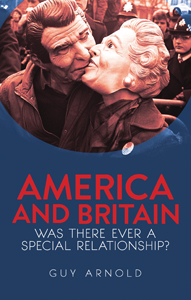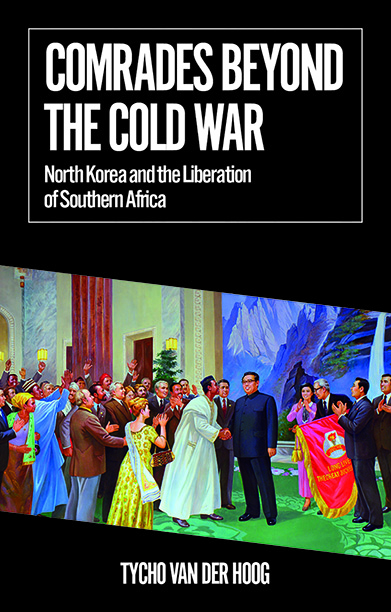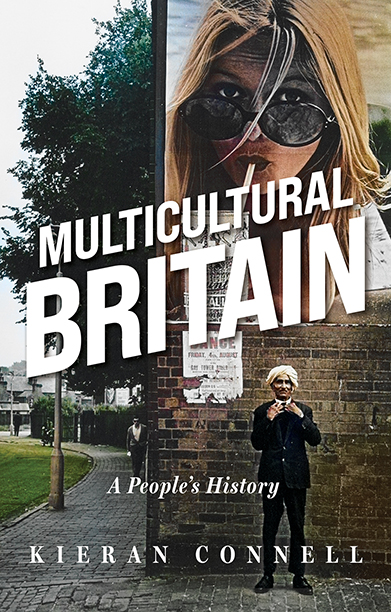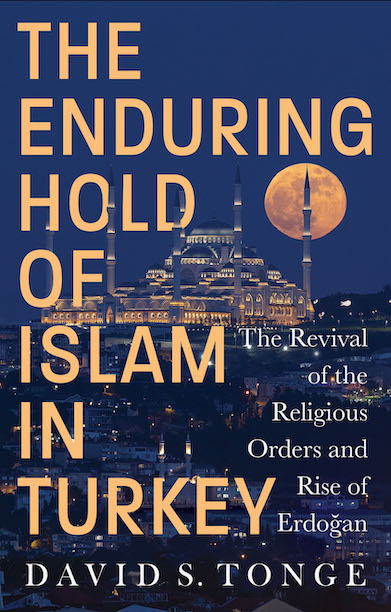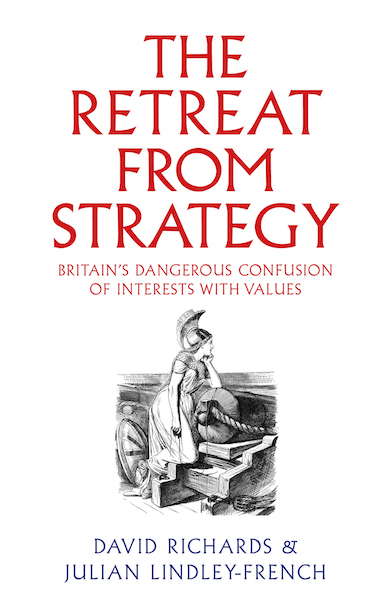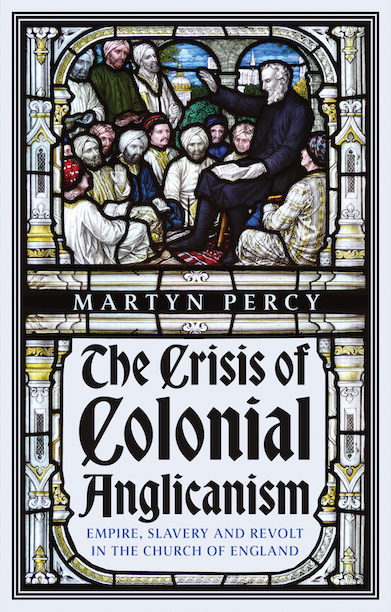America and Britain
Was There Ever a Special Relationship?
‘In this provocative little polemic […] the case Arnold makes is one that every British government in modern times has recoiled from answering with the seriousness it deserves. …A robust study.’ — Max Hastings, The Sunday Times
Description
Britain’s political and military elite has for decades nurtured the idea that enduring ties bind the interests of London and Washington, in good times and bad. Irrespective of the end of the Cold War, the 9/11 attacks and the economic rise of the East, these links are allegedly impregnable. But how accurate a picture is this? Are the British engaged in a monumental act of self-delusion?
Guy Arnold investigates the ‘American disease’ at the heart of Whitehall, which, he argues, has tied British policies too closely to those of Washington. The ‘special relationship’ became a Foreign Office priority and gave Britain the illusion of power it no longer enjoyed. As Churchill put it acidly, ‘the British and the Americans were stuck with each other — a junior partner and a senior partner respectively’. For the Americans it provided a way of keeping Britain ‘on side’ but in return Washington accelerated Britain’s imperial decline.
The Americans always saw Britain in Europe as a Trojan Horse to safeguard their interests and as a military outpost for their global ambitions. They derided or ignored the ‘special relationship’, even in their dealings with Thatcher and Blair, and latterly the Foreign Office has failed to convince President Obama of its unique importance.
Reviews
‘In this provocative little polemic […] the case Arnold makes is one that every British government in modern times has recoiled from answering with the seriousness it deserves. …A robust study.’ — Max Hastings, The Sunday Times
‘While the perceived loss of British sovereignty in the European Union creates violent debate, an unacknowledged transfer of power across the Atlantic is overlooked in silence. Guy Arnold meticulously unpicks an unequal “special relationship” for which the political establishment offers no referendum.’ — Richard Bourne, Senior Research Fellow, Institute of Commonwealth Studies and Secretary, Ramphal Institute, London
‘The message of Guy Arnold’s new book is that the world stands on the brink of a totally new political order. Nothing less. After lingering decades beyond its time the Anglo-American partnership, he says, must be forgotten. Arnold skilfully weaves his way through the complex relationships between today’s big powers to the point where China is coming centre stage and India is not far behind.’ — Derek Ingram, journalist and Commonwealth expert
‘Guy Arnold amazes me, as a fellow author, by the range of books he undertakes. From cheery critiques of boys’ historical adventure novels, he wades into modern day controversy — immigration, for instance — and brings fresh light into the complexities of post-colonial Africa. Now he examines a building-block of this last century usually ignored or dismissed: the special relationship that Churchill and Roosevelt forged between Britain and the United States. Not a club like Europe, nor an association based mostly on history or language, like the Commonwealth, what’s its magic? Will the strains over Syria and Iraq damage it (as Suez did), the new magnetism of China or Brazil tug it apart? As usual, this prolific author and lecturer produces his own lively views.’ — Clyde Sanger, long-time journalist and international affairs expert
‘[T]his history of efforts by postwar British leaders to offset their country’s decline by cozying up to the United States is quite readable, policy relevant, and … provocative.’ — Foreign Affairs
Author(s)
Guy Arnold is a freelance writer specialising in international affairs with particular emphasis on Africa, and the author of some fifty books, including Africa: A Modern History 1960-2005.
